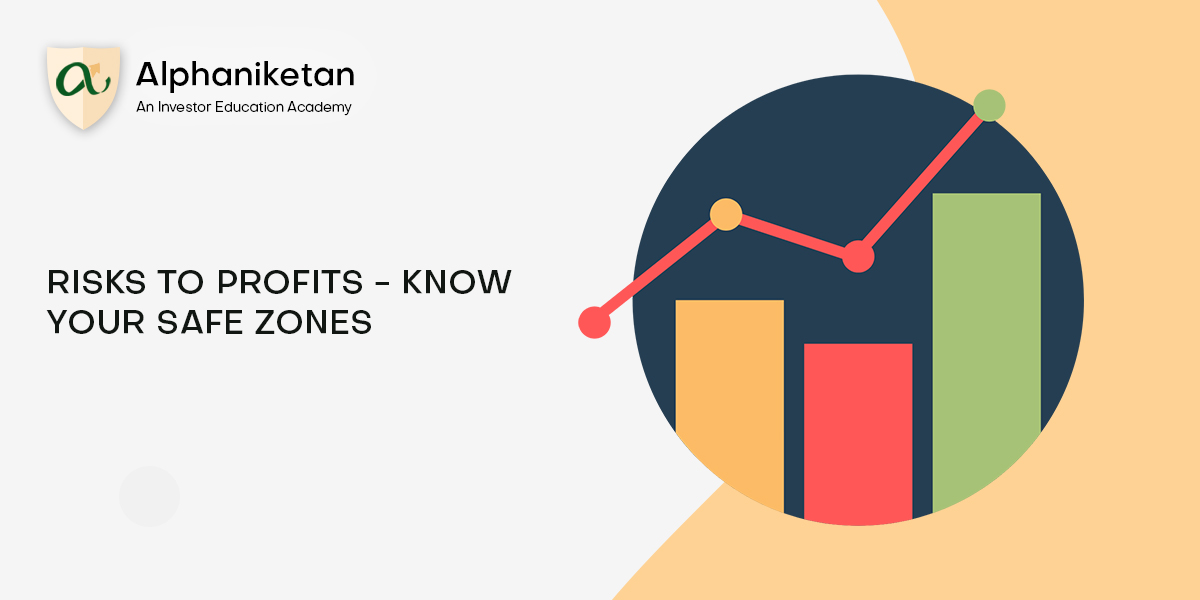America could go from a virtuous cycle to a vicious cycle, said Jamie Dimon, chairman and CEO of JP Morgan Chase, in his latest annual letter to shareholders. Higher fiscal spending, rising gross debt to GDP, climate spending, higher energy costs and global trade disruptions are at fault. “We may have gone from a savings glut to scarce capital and may be headed to higher inflation and interest rates than in the immediate past,” he comments.
The above summarises the stress in the US economy and how rising inflation could induce a cut in spending and a recession. The most significant risk to markets is the impact on corporate profits.
In a new note to clients, Morgan Stanley, a global bank, expressed concerns about investors getting caught unaware. “Just as bank failures happened “gradually, then suddenly,” an earnings recession could take investors by surprise,” the bank argued earlier in the week. It warns clients about complacency. After peaking in June 2022, the forward 12-month consensus earnings per share forecast for S&P 500, the US benchmark index, fell 9% yearly. The bank argues that that is pushing more investors in, but they should be careful. There is a decline in profitability in the US technology, consumer goods and communications sectors.
In India, the economy is primarily driven by the spending unleashed by the Indian government. Capital expenditure is the lynchpin in driving growth. There are growing concerns about slow urban and rural consumption. The data on the automobile sector explains the trend. While the data on an annual basis showed a growing trend, the recent months have witnessed a decline across segments.
“On the growth front, early warning signs of a possible slowdown are visible to a greater extent than in February,” said Jayanth R Verma, a member of the RBI’s monetary policy committee (MPC). He was quoted in the minutes of the RBI MPC meeting held earlier in April 2023. The committee assesses the outlook for growth and inflation and determines borrowing rates. The committee voted not to touch policy rates in the last meeting, but the tone of the discussion was ‘hawkish’. That means interest rates would continue to harden in the months ahead. That is terrible news for the India consumption story.
Where do you hide?
There was a time when you could simply buy Indian consumer stocks and ride through a recession or a selloff. However, things are a bit different. You need to look for companies insulated from the inflation situation. These could be businesses dependent on government contracts in the sectors like construction, capital goods and infrastructure. At the same time, you could look at well-managed companies in the pharmaceutical space. It is not easy to track sectors for the right trend and value. You not only need businesses that are at the right end of the business cycle, but you also need them to be reasonably priced. Alphaniti can help you identify such businesses with a value proposition.
References:
https://reports.jpmorganchase.com/investor-relations/2022/ar-ceo-letters.htm
https://rbi.org.in/Scripts/BS_PressReleaseDisplay.aspx?prid=55538
Thank you for reading this post, don't forget to subscribe!




